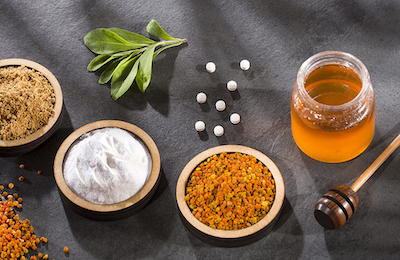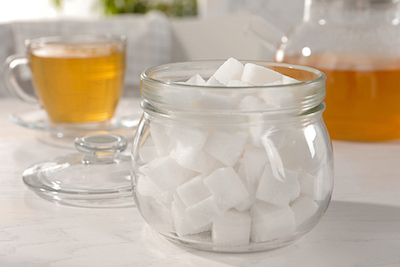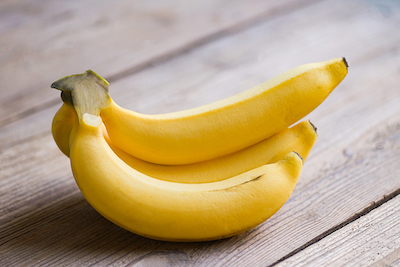Sugar vs Sweeteners: Understanding the Key Differences
Sugar has long been a staple in the diets of people around the world, with its sweet taste and ability to enhance the flavors of various foods and beverages. However, as concerns over health and obesity rates continue to rise, alternative sweeteners have become increasingly popular. This article will delve into the key differences between sugar and alternative sweeteners, discussing the pros and cons of each to help you make informed choices about your sweetening options.
What is Sugar?
Sugar is a natural carbohydrate derived primarily from sugarcane and sugar beet plants. The most common type of sugar is sucrose, which is composed of glucose and fructose molecules. Sugar is a versatile ingredient used in a wide range of foods, from confectionery and baked goods to sauces and beverages. Despite its widespread use, excessive sugar consumption has been linked to numerous health issues such as obesity, type 2 diabetes, and heart disease.
What are Alternative Sweeteners?
Alternative sweeteners can be broadly classified into two categories: natural and artificial. Natural sweeteners are derived from plants and other natural sources, while artificial sweeteners are chemically synthesized compounds. Some common natural sweeteners include stevia, honey, and maple syrup, while popular artificial sweeteners are aspartame, sucralose, and saccharin.
- Caloric Content and Glycemic Index
One of the most significant differences between sugar and alternative sweeteners is their caloric content and impact on blood sugar levels. Regular sugar contains about 4 calories per gram and has a high glycemic index (GI), causing a rapid increase in blood sugar levels. This can lead to energy crashes and contribute to weight gain when consumed in excess.
Many alternative sweeteners, particularly artificial ones, have little to no caloric content and a lower glycemic index. For example, aspartame and sucralose contain negligible calories and do not cause a significant rise in blood sugar levels. Natural sweeteners such as stevia and monk fruit extract also have low caloric content and minimal impact on blood sugar. This makes alternative sweeteners an attractive option for individuals looking to manage their weight or blood sugar levels.
- Taste and Sweetness
Sugar has a familiar, well-rounded sweetness that is difficult to replicate. Alternative sweeteners, on the other hand, can vary significantly in taste and sweetness. Some natural sweeteners, like honey and maple syrup, impart their unique flavors to foods, which can be a pro or con depending on individual preferences.
Artificial sweeteners tend to be much sweeter than sugar, with some being hundreds of times sweeter. This means that less of the sweetener is needed to achieve the desired sweetness, but it can also lead to an artificial or overly sweet taste if not used correctly. Stevia, a natural sweetener, is also considerably sweeter than sugar and can have a bitter aftertaste when used in large amounts.
- Health Benefits and Concerns
The impact of sugar and alternative sweeteners on health is a topic of much debate. As previously mentioned, excessive sugar consumption can lead to weight gain, type 2 diabetes, and heart disease. Additionally, sugar can contribute to tooth decay and may have a negative effect on mental health.
Artificial sweeteners, while offering a low-calorie alternative, have faced scrutiny over their safety. Some studies have suggested potential links between artificial sweeteners and cancer, although the majority of research, as well as major health organizations, have deemed them safe for consumption within acceptable daily intake limits.
Natural sweeteners, such as stevia and monk fruit, are often considered healthier alternatives to sugar due to their low caloric content and minimal impact on blood sugar. However, it is essential to remember that moderation is key, as consuming large amounts of any sweetener can still have negative health consequences.
- Environmental Impact
The environmental impact of sugar production, particularly from sugarcane, can be significant. This includes deforestation, loss of biodiversity, and water pollution from the use of pesticides and fertilizers. Moreover, the process of refining sugar can be energy-intensive and contribute to greenhouse gas emissions.
In comparison, the environmental impact of alternative sweeteners varies. For instance, stevia, which is derived from the leaves of the stevia plant, requires less land and water for cultivation than sugar. However, the production of some artificial sweeteners, like aspartame, involves the use of nonrenewable resources, such as petroleum, and generates waste products.
- Cost and Availability
Sugar is typically less expensive and more readily available than many alternative sweeteners. While the cost of natural sweeteners like stevia and monk fruit has decreased in recent years due to increased demand and production, they still tend to be more expensive than sugar. Artificial sweeteners, though often available in most supermarkets, can also be more costly, particularly when purchased in small quantities.
When it comes to choosing between sugar and alternative sweeteners, there is no one-size-fits-all answer. The best choice depends on individual preferences, dietary needs, and health goals. For those looking to reduce caloric intake, manage blood sugar levels, or seek a plant-based alternative, natural sweeteners such as stevia and monk fruit may be the better option. For others, sugar in moderation or artificial sweeteners approved by health organizations can also be a viable choice.
Ultimately, the key is to consume sweeteners in moderation, as excessive consumption of any sweetener can have negative health consequences. By understanding the differences between sugar and alternative sweeteners, you can make more informed decisions about the foods and beverages you consume and work towards a healthier, balanced diet.














